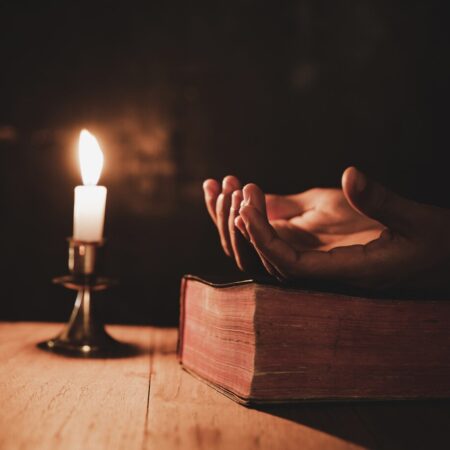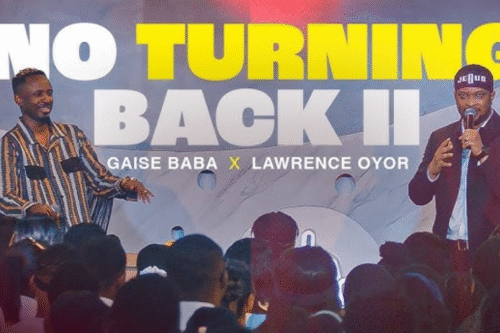
In Wheaton, 45 years ago, the area was struggling with a sense of futility as people drove by instead of visiting the area. Today, downtown Wheaton is filled with people, shopping, dining, and living. This transformation is reflected in Amos 9, where God promises to bring his exiled people of Israel back from ruins and restore their cities. Amos warns that the people of Israel will be destroyed, but God promises to never completely destroy them.
God’s promises to restore the fallen house of David and restore its former glory are beautiful and unconditional. These promises are given to give hope to the people of America, who are in need of them. The church in America should take in these promises, as they are the ones who will need them most.
In Amos 9:8, 11-15, God promises to restore the fallen house of David and restore its former glory. This is a reminder that God is watching and will not completely destroy the people of Israel, but rather discipline them and restore them. As Christians in America, we need to take in these promises to give hope and build a better future for our communities.
God promises to discipline his people but never completely destroy them. He does not tear down the old, creaky house with mold, but instead promises to build something better. This is evident in various biblical examples, such as when God allows the Assyrians to reduce Israel to rubble, allowing them to run south to Jerusalem and rebuild. This is why Jesus prophesies over him but Anna, a woman descended from the people who fled south to Jerusalem and became part of God’s rebuild.
Russell Moore, editor-in-chief of Christianity Today, believes that the fragmentation happening in evangelicalism is a necessary precondition for renewal. He believes that the noise and mess we hear and see now is God doing a tear-down, but he is going to build something better. We must hold onto this promise that God speaks through Amos, “I will discipline my people, but never completely destroy them.”
The second promise is “From the ruins, I will rebuild, and you will rebuild.” God promises to restore the fallen house of David and repair its damaged walls, and God promises to close up those holes. We can be part of God’s rebuild, and we can ask God where we are rebuilding and how we can join him.
Jim Bachor, a Chicago resident, fills potholes in his neighborhood with mosaics, filling them with beautiful art that shows tulips and reminds people of their need for a flourishing society. The call to the American church is to fill in a pothole or two in the church, and we find hope and courage in God’s words through Amos.
In 1933, German Lutheran pastor Dietrich Bonhoeffer faced a series of challenges during World War II, including the banning of Jews from government jobs and the appointment of a bishop over small church denominations. This led to a rally in Berlin, where new German Christians united to fight for a pure Germany. In 1934, the Barmen Declaration, signed by Karl Barth, became the foundation of the Confessing Church. As of 1935, there were 18,000 Protestant pastors in Germany, with 3,000 part of the Confessing Church and 3,000 part of the German Christians. Bonhoeffer started a new seminary in Finkenwalde, creating a monastery and summer camp for students to pray, read the Bible, and attend lectures about the cost of discipleship. Despite the Gestapo forcing the seminary to close in 1937, some students survived the war and led the church well in the next era. Bonhoeffer’s lectures are now included in his book, The Cost of Discipleship, which continues to remind people of the costly grace of following Jesus and living in solidarity with victims of heartless societies.












Leave a Reply